Release Date: April 3, 2024
Media Release Concerning Marshall Hyzdu
Mr. Marshall Hyzdu has stepped down as president of Archbishop Moeller High School, effective today. We are grateful for Marshall’s many contributions to Moeller and extend our sincere best wishes for his success in future endeavors.
“It has been an honor and a joy to lead Archbishop Moeller High School for the past eight years. I am proud of our investment in academics, the arts, and athletics, and I am grateful for the opportunity to have been a part of the legacy of Moeller, alongside its outstanding community. I am also grateful to our board of trustees, our excellent faculty & staff, and students, and the strong supporters of the Moeller Family,” Hyzdu said. “My recent actions did not align with Moeller’s values or those of the Catholic Church. It is in the best interest of the Moeller community that I now step down to allow the school to continue to thrive without distraction.”
Since this is a personnel matter, no additional information will be made available.
The Moeller Board and the Archdiocese of Cincinnati will immediately begin a search for a new president with the objective of filling the position for the 2024-25 school year. Mr. Carl Kremer, currently principal, has agreed to serve as interim president during this transition.
The Roman Catholic Archdiocese of Cincinnati is the 51st largest Catholic diocese in the country, with around 435,000 Catholics, and has the fifth largest Catholic school system in terms of enrollment with nearly 40,000 students. The 19-county territory includes 208 canonical parishes organized into 57 Families of Parishes, and 113 Catholic primary and secondary schools.
